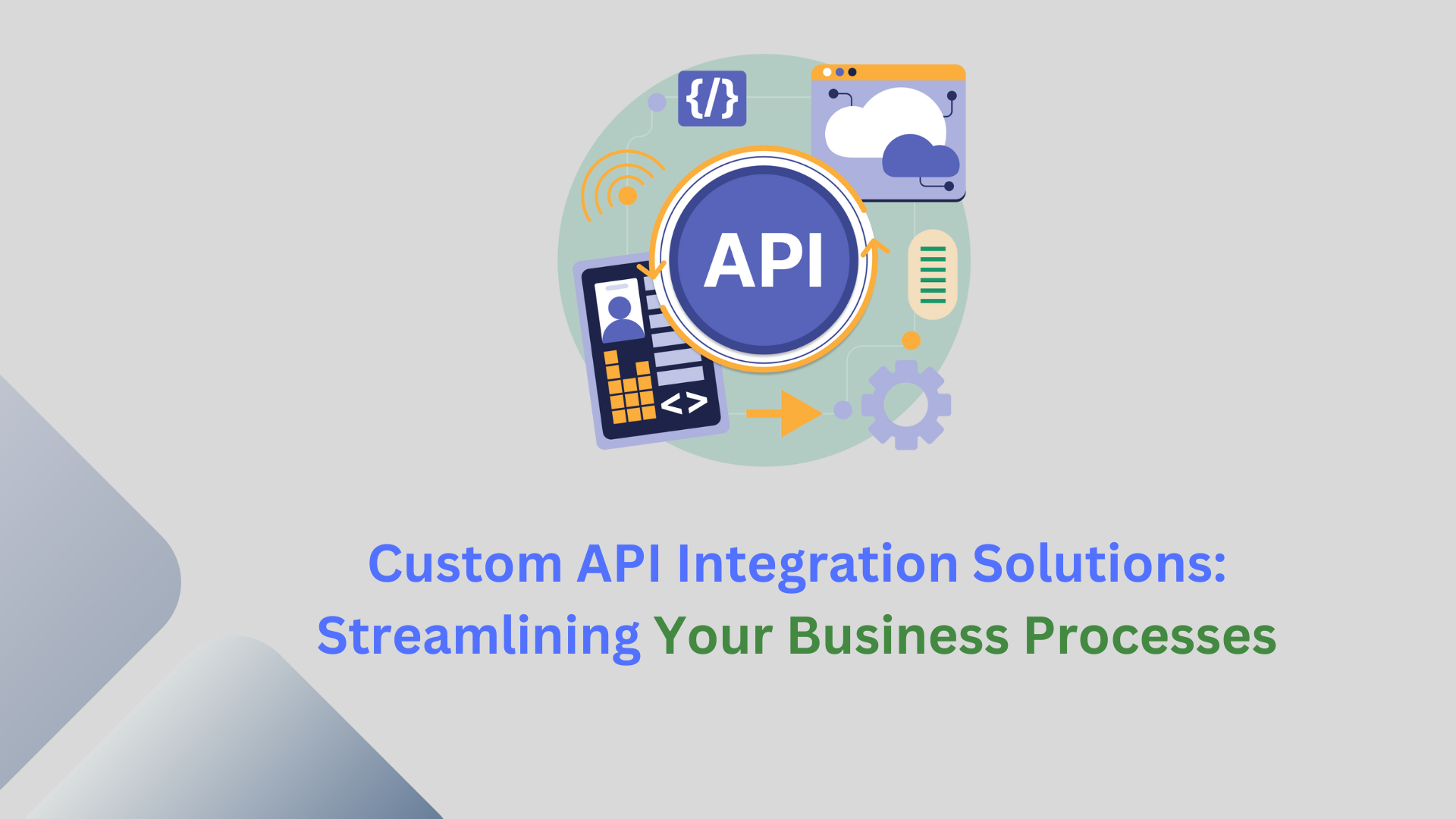In today’s digital age, businesses need to be able to quickly and efficiently process data to stay competitive. Custom API integration solutions are a powerful tool that can help businesses streamline their processes and improve their bottom line. In this article, we’ll explore the benefits of custom API integration solutions and how they can help your business succeed.
What is Custom API Integration?
API stands for Application Programming Interface, which is a set of protocols, routines, and tools for building software and applications. Custom API integration refers to the process of creating a customized API that connects different software applications, allowing them to communicate and share data seamlessly.
The Benefits of Custom API Integration Solutions
1. Improved Efficiency
Custom API integration solutions can significantly improve efficiency by automating processes that were previously manual. For example, custom API integration can allow data to be automatically shared between different software applications, eliminating the need for manual data entry and reducing the risk of errors.
2. Increased Productivity
Custom API integration solutions can also increase productivity by allowing employees to focus on more valuable tasks. By automating repetitive tasks, employees can spend more time on tasks that require critical thinking and problem-solving skills.
3. Enhanced Customer Experience
Custom API integration solutions can also enhance the customer experience by providing a seamless and integrated experience across different platforms. For example, custom API integration can allow customer data to be shared between different software applications, providing a more personalized and consistent experience for customers.
4. Improved Data Accuracy
Custom API integration solutions can also improve data accuracy by eliminating the need for manual data entry. By automating data sharing between different software applications, businesses can ensure that data is consistent and accurate across different platforms.
5. Cost Savings
Custom API integration solutions can also result in cost savings by reducing the need for manual labor and improving efficiency. By automating processes, businesses can reduce labor costs and improve their bottom line.
How Custom API Integration Works
Custom API integration solutions typically involve the following steps:
1. Analysis of Business Processes
The first step in creating a custom API integration solution is to analyze the business processes that need to be integrated. This involves identifying the different software applications that need to communicate and the data that needs to be shared between them.
2. API Design and Development
Once the business processes have been analyzed, the next step is to design and develop the API. This involves creating a set of protocols and routines that allow the different software applications to communicate and share data.
3. Testing and Implementation
The final step is to test and implement the custom API integration solution. This involves testing the API to ensure that it is functioning correctly and implementing it across the different software applications.
Conclusion
Custom API integration solutions are a powerful tool that can help businesses streamline their processes and improve their bottom line. By automating processes, increasing productivity, enhancing the customer experience, improving data accuracy, and reducing costs, custom API integration solutions can help businesses stay competitive in today’s digital age. If you’re interested in learning more about how custom API integration solutions can help your business, contact a custom API integration solutions provider today.


